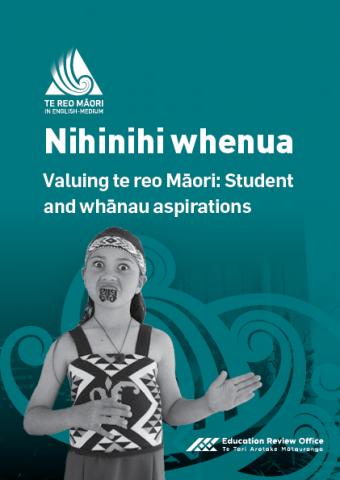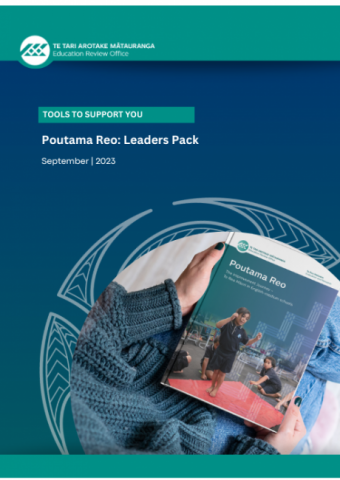Te Tāhū Whare | Evaluation and Review Māori
Published: 31 Mar 2021
Te Tāhū Whare | Evaluation and Review Māori carries out reviews at kōhanga reo, puna reo, kura and wharekura; conducts evaluation and research and develops evaluation methodology for Māori-medium settings.
- Audience:
- Academics
- Early learning
- Education
- Māori-medium
- Parents
- Schools
- Content type:
- Basic page



